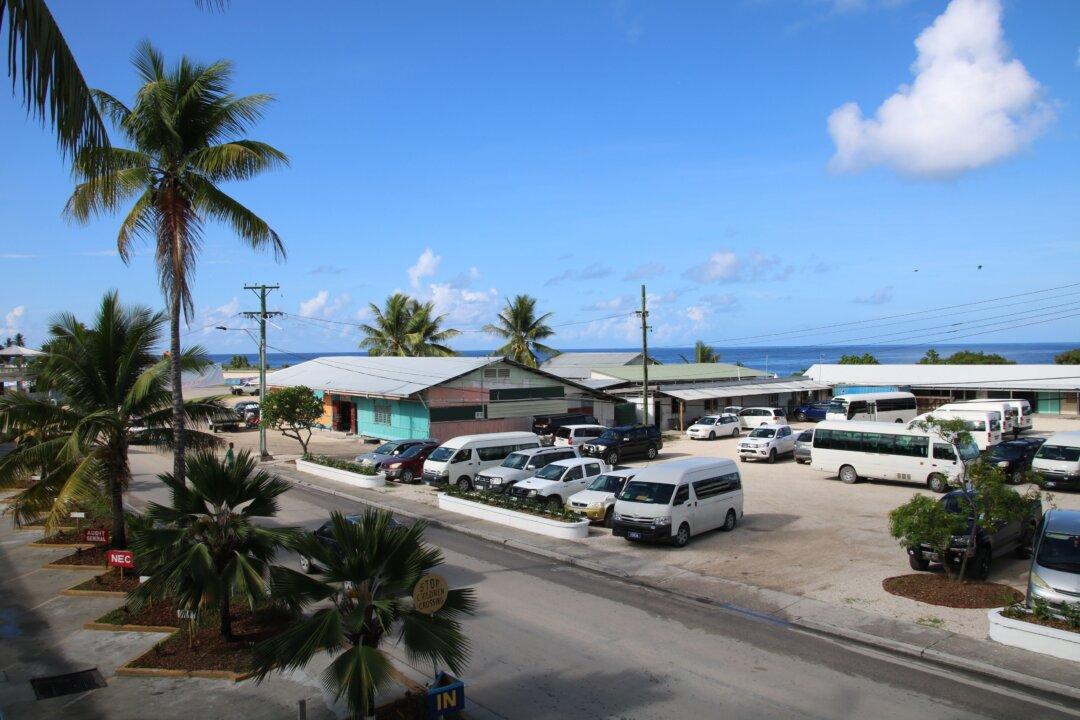A review by the former head of the Australian Security Intelligence Organisation (ASIO) has found that the Home Affairs Department lacked “proper due diligence” when awarding contracts to companies responsible for administering the country’s offshore processing system in Nauru and Papua New Guinea.
Dennis Richardson concluded that the Department had entered into arrangements with a company whose owners were suspected of trying to evade U.S. sanctions against Iran.





